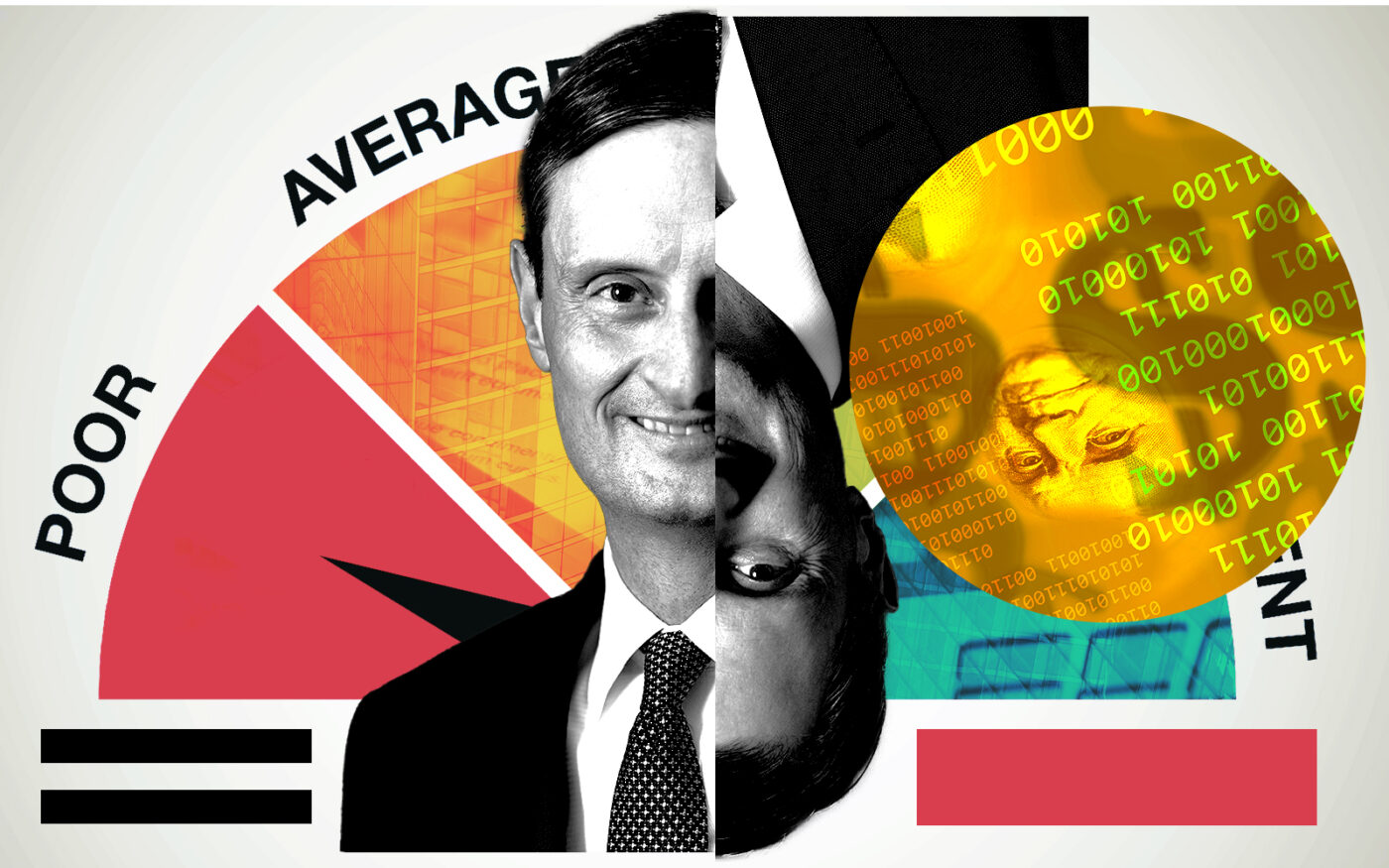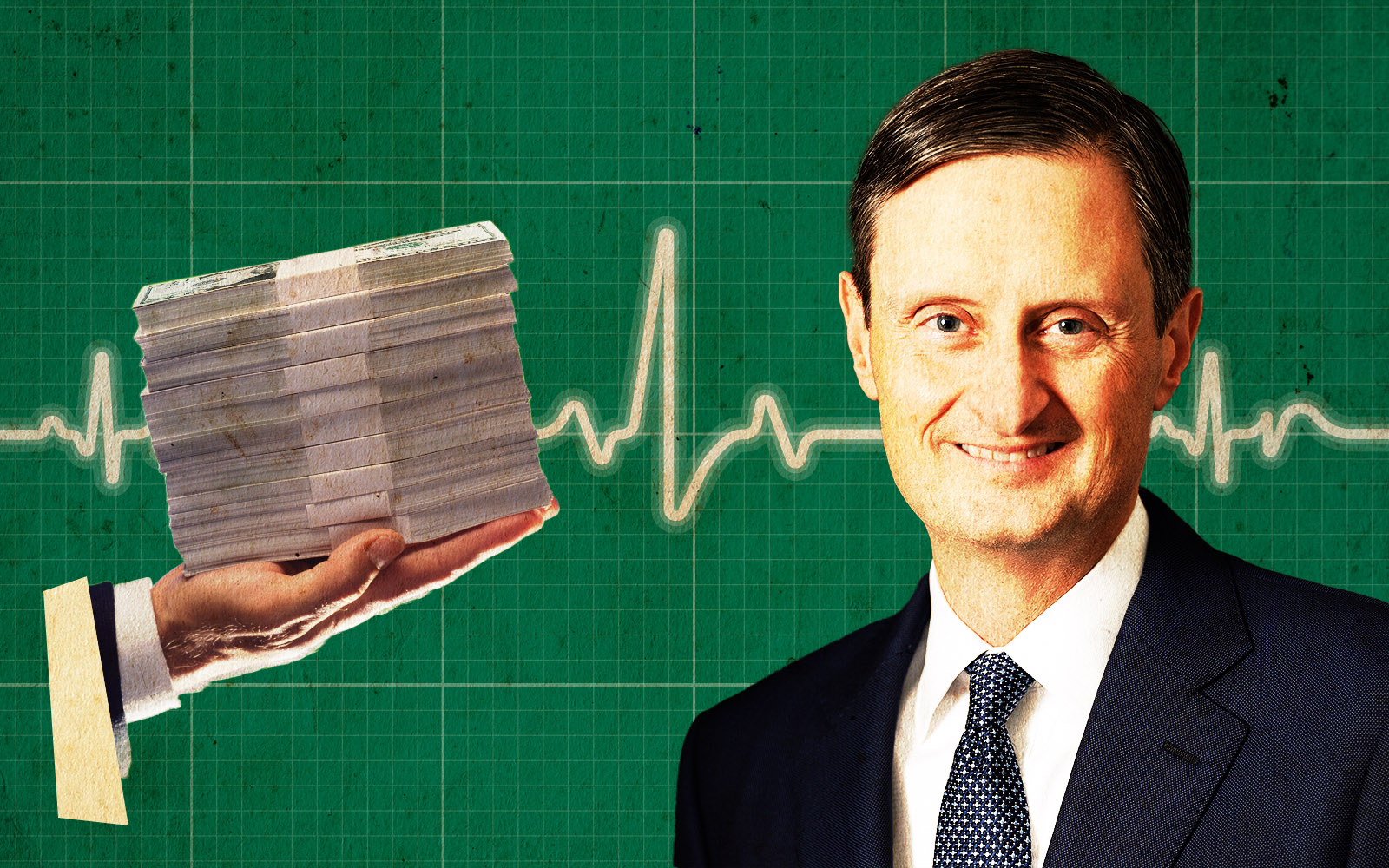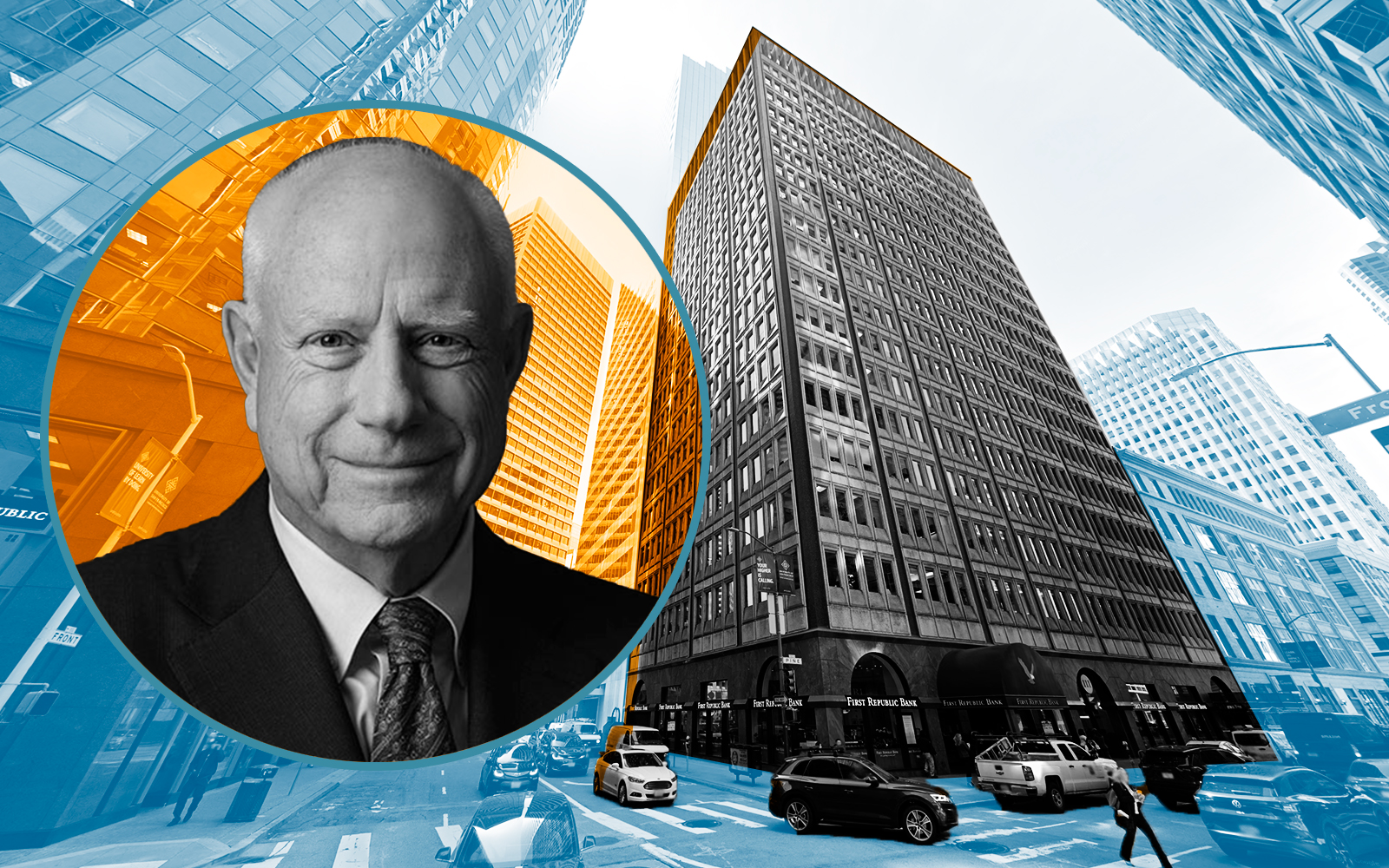Trending
First Republic rating slips further into junk
S&P Global Ratings downgraded long-term rating to B+

First Republic Bank, a major real estate lender, has seen its credit rating pushed to the back of the junkyard.
The San Francisco-based bank known for West Coast loans in multifamily and commercial real estate, and in home loans to the likes of Facebook’s Mark Zuckerberg, has had its credit rating downgraded for the second time in a week, the San Francisco Chronicle reported.
The rating of First Republic, once so conservative that it would not accept a deposit over $90,000 to ensure that all its accounts remained within FDIC insurance coverage, was ratcheted down Sunday.
Warning that still another cut could follow, S&P Global Ratings downgraded First Republic’s long-term issuer credit rating to B+ from its earlier ranking of BB+.
The drop came despite an infusion of $30 billion in uninsured deposits last week by 11 other banks trying to stabilize and boost confidence in the struggling lender.
A rating of B+ is considered “junk” in that it suggests that credit issued by First Republic is not investment grade and runs a higher than average risk of default.
The bank had already been lowered to BB+ which is the highest level of non-investment grade bond. Sunday’s downgrade, the second for First Republic in the past week, was first reported by Bloomberg.
In addition to lowering First Republic’s long-term issuer ratings on securities dated a year or longer to BB+, S&P Global also lowered its senior unsecured issue rating to B+, its subordinated issue rating to B-, and its preferred stock issue rating to CCC, according to the Chronicle.
S&P said the $30 billion provided by the nation’s largest banks wasn’t a long-term solution to its capitalization crisis.
First Republic remains on CreditWatch negative status, an S&P statement said, meaning “we could lower the rating further if the bank is unable to demonstrate some progress in stabilizing deposits and recovering the franchise value that, in our view, have likely eroded.”
“The $30 billion in deposits that First Republic reported it will receive from 11 large U.S. banks should ease near-term liquidity pressures, but it may not solve the substantial business, liquidity, funding and profitability challenges that we believe the bank is now likely facing,” it said.
The downgrade came after a week in which First Republic Bank’s common stock fell by 71.8 percent, in the wake of a credit squeeze brought about by the unprecedented rise in interest rates levied on the market by the Federal Reserve Bank in an effort to bring down inflation.
Other mid-sized banks have also seen their stock price collapse though none as severely as First Republic.
“Following Thursday’s uninsured deposit of $30 billion by the 11 largest banks in the country, together with cash on hand, First Republic Bank is well positioned to manage short-term deposit activity,” bank spokesman Greg Berardi said in a statement. “This support reflects confidence in First Republic and its ability to continue to provide unwavering exceptional service to its clients and communities.”
Read more

West Coast commercial lenders see steep declines and trading halts as fallout from SVB collapse
Since the collapse of Silicon Valley Bank, First Republic has been seen as the next Bay Area bank at risk of failure due to its reliance on wealthy customers, meaning those with deposits above the FDIC insured rate of $250,000. That cap was increased from $100,000 during the banking crisis of 2008. This is the type of client the bank avoided when it got its foothold in San Francisco in the late 1980s.
After First Republic was initially cut to junk by ratings agencies, the multifamily and commercial real estate lender explored a sale and other options last week to shore up liquidity.
— Dana Bartholomew






